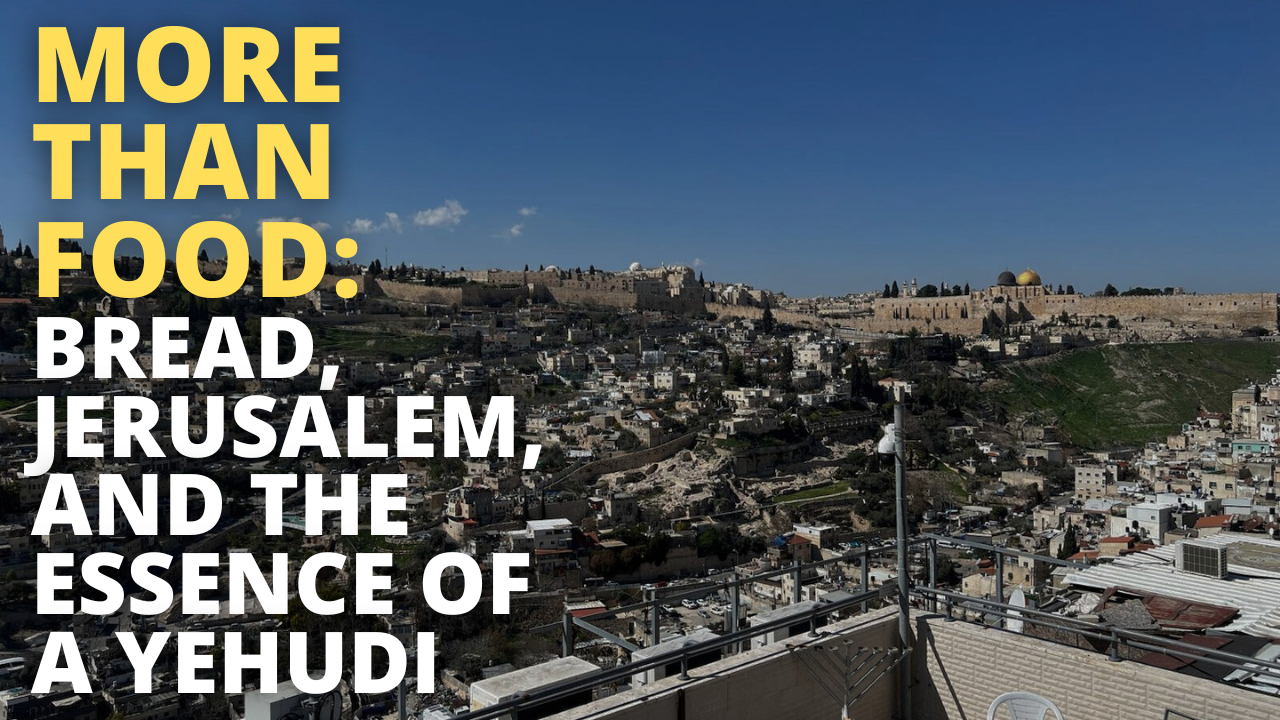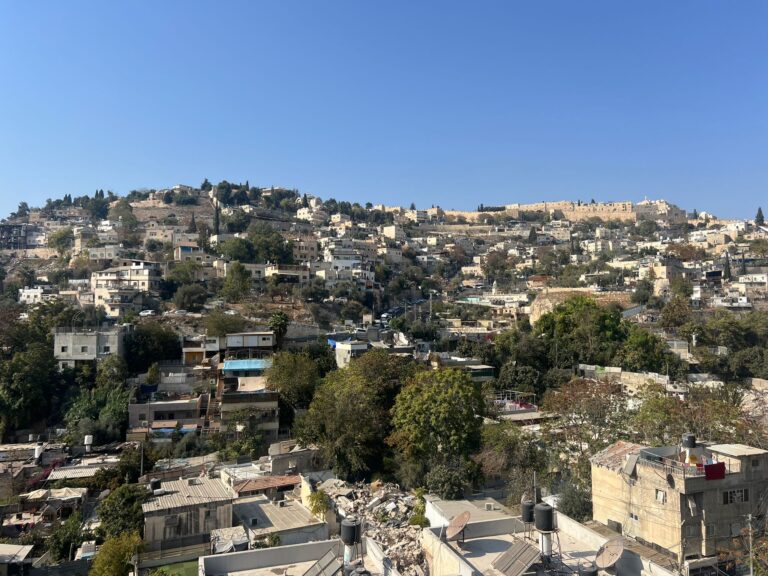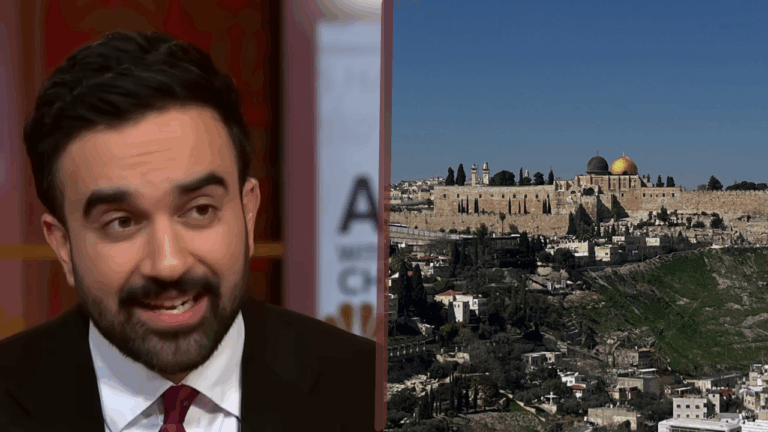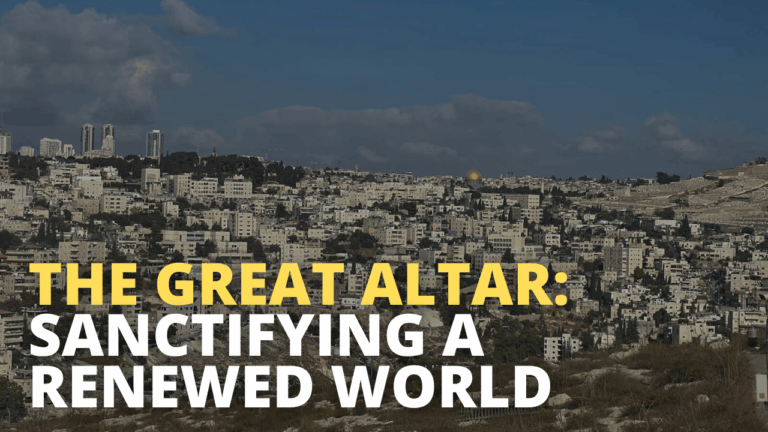More Than Food: Bread, Jerusalem, and the Essence of a Yehudi
As Klal Yisrael prepares for entry into Eretz Yisrael, Moshe Rabbeinu introduces a crucial, unique mitzvah: Birkat HaMazon. “And you will eat and be sated, and you shall bless Hashem, your God, on the good land He has given you.” After consuming bread, we fulfill this mitzvah by blessing Hashem in thanks for our satiation.
At first glance, this is a simple instruction: after eating, thank Hashem for the food. Yet, the Gemara Berachos (48b) derives a far more expansive list of themes that must be mentioned. “על הארץ – on the land” obligates us to thank Hashem for the gift of Eretz Yisrael. And “הטובה – the good” obligates us to ask for Yerushalayim’s restoration. The Gemara goes even further, mentioning an additional obligation to mention the gifts of Torah, Brit Milah, and Malchus Beit David. According to some authorities, all of these themes are obligatory on a biblical level (see Tosafos to Berachos 20b and Beur Halacha 187:3), to the point where one must repeat Birkat HaMazon if they possibly missed a single one.
These are all profound gifts that we should certainly be thankful for. But this list seems like a potpourri of random, unrelated topics. Why are we mentioning Torah, Brit Milah, and Yerushalayim in a beracha related to food?
On the surface, these themes seem unrelated to a full stomach. But Rav Shimshon Rephael Hirsch reveals the deeper essence that binds them. He explains that we recite these berachot over bread specifically because bread is the basic staple of sustenance – it represents the gift of life itself. A Jew recognizes that his very life flows directly from the guiding Hand of Divine Providence. Just as we were sustained by heavenly Mann, openly and intimately granted by Hashem, our livelihood continues to “fall” from the heavens, albeit in a more hidden fashion.
And what Hashem grants, Hashem owns. Despite our God-given free will, a true eved Hashem eats his meal knowing that nothing truly belongs to him. Even the most basic necessities of life are granted from above. Our very vitality remains in the domain of our Creator. This basic truth demands that we dedicate our existence to Hashem’s mission. Every time we sustain that existence and strengthen our bodies, we are obligated to reinforce the foundational themes that define the life and purpose of a Jew.
Torah and Brit Milah both represent an all-encompassing dedication to Hashem. Torah is the ultimate expression of Divine wisdom and Divine will in this world, shaping thought, emotion, speech, and action in every realm of life. Brit Milah is the physical seal of this covenant, etched into the flesh as a constant reminder of our undying loyalty to our Creator. Its placement is deliberate, testifying that even the act of marital intimacy, so easily debased into bestial desire, is elevated and devoted to the Almighty.
The pinnacle of this all-encompassing commitment to the Divine will is Yerushalayim. Rav Hirsch explains that our ultimate national task is to physically express Hashem’s will in this world. The holy city is the Sanctuary of the Torah, where the Torah’s ideals find their fullest expression in the national destiny of Klal Yisrael. Dovid HaMelech, the king who first conquered and sanctified Yerushalayim, intertwined his political leadership with the fiery spiritual passion of Tehillim.
When we recite Birkat HaMazon, we recognize that the most basic necessities of life – granted with grace and kindness from above – must be entirely dedicated to a cosmic mission that transcends the physical. This is what it means to be a Yehudi. This identity relies on the restoration of Yerushalayim. The full expression of our covenant with Hashem and His holy Torah can only be achieved in this sanctified abode. Without Yerushalayim, our very identity hangs in the balance.



